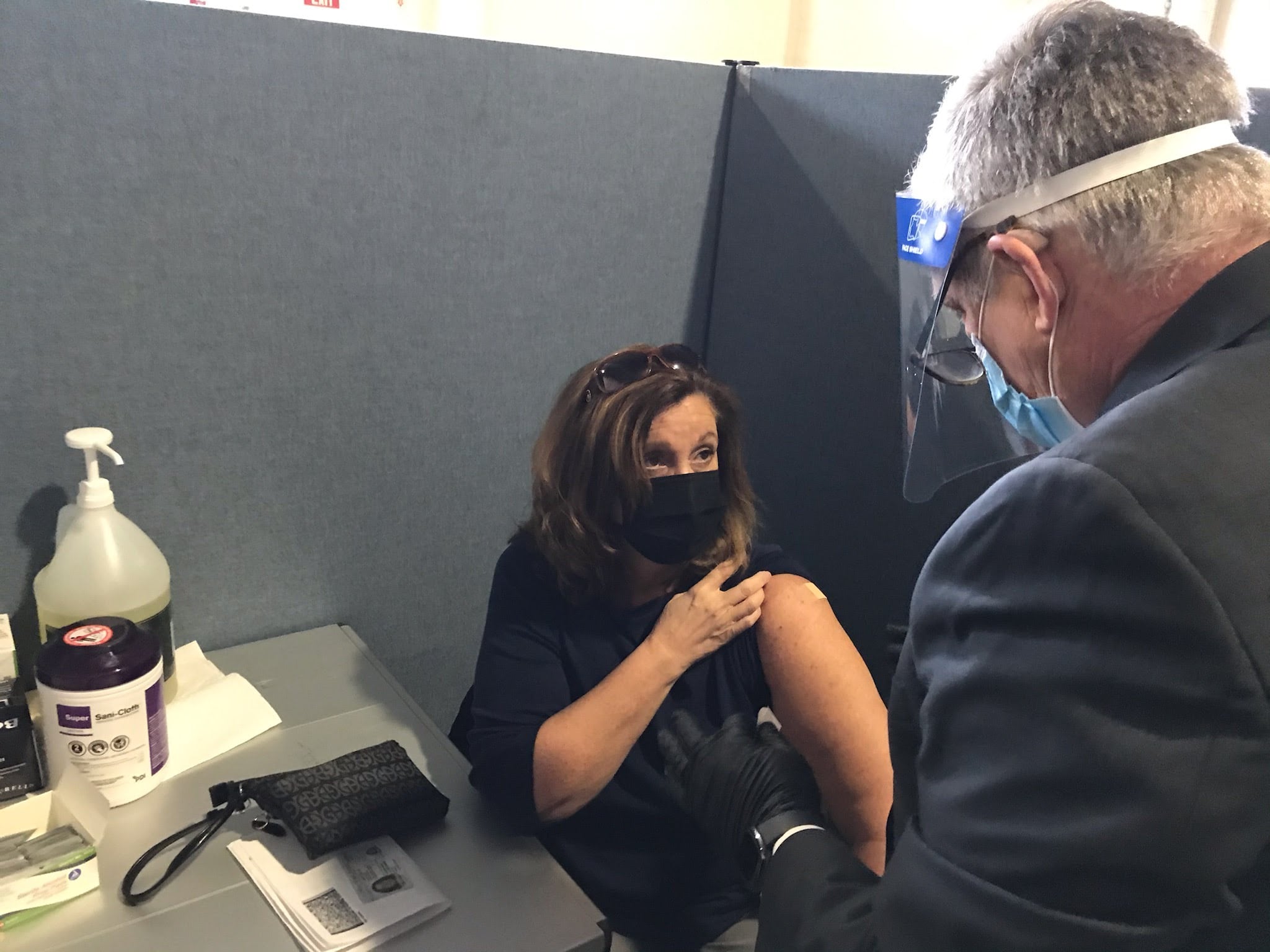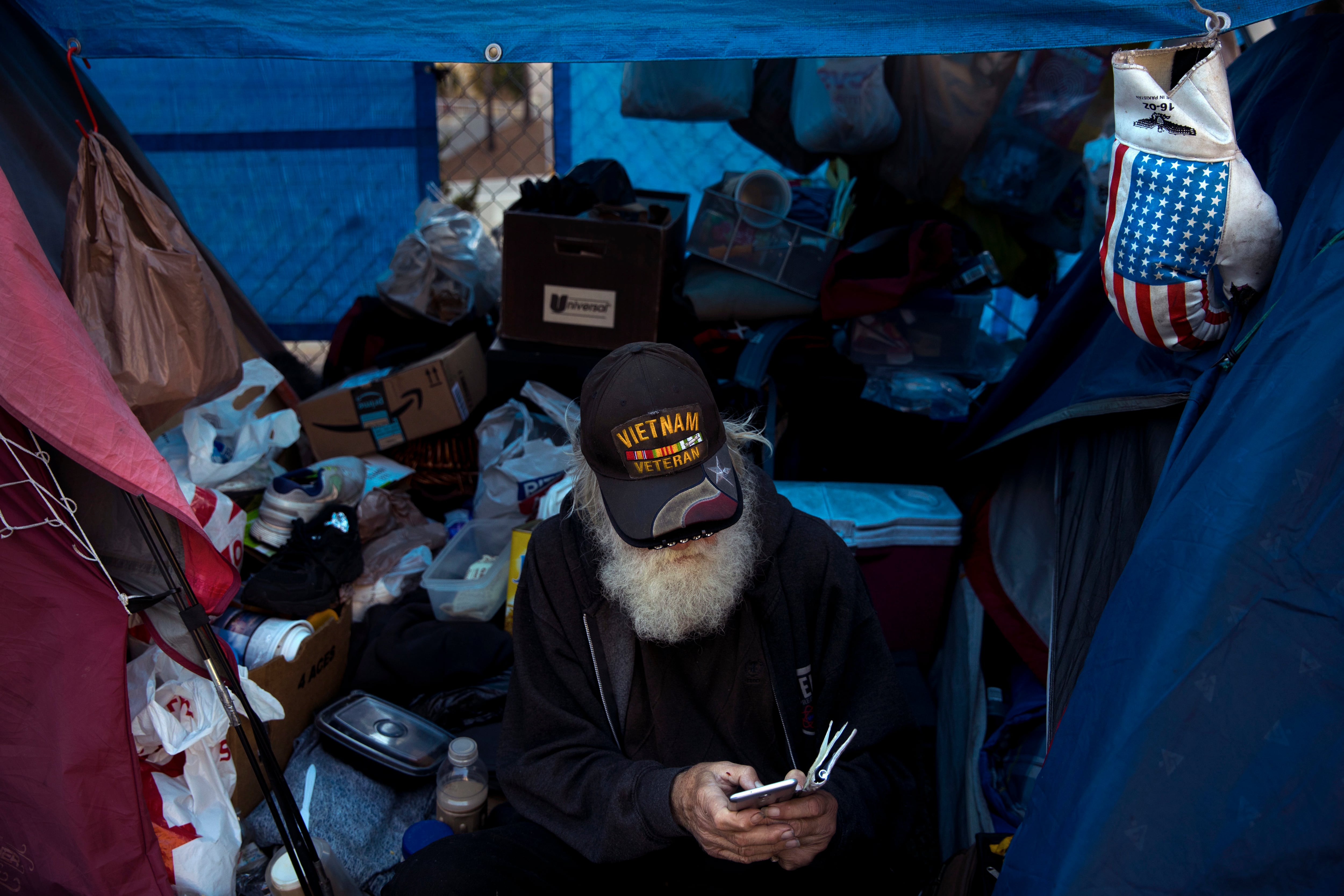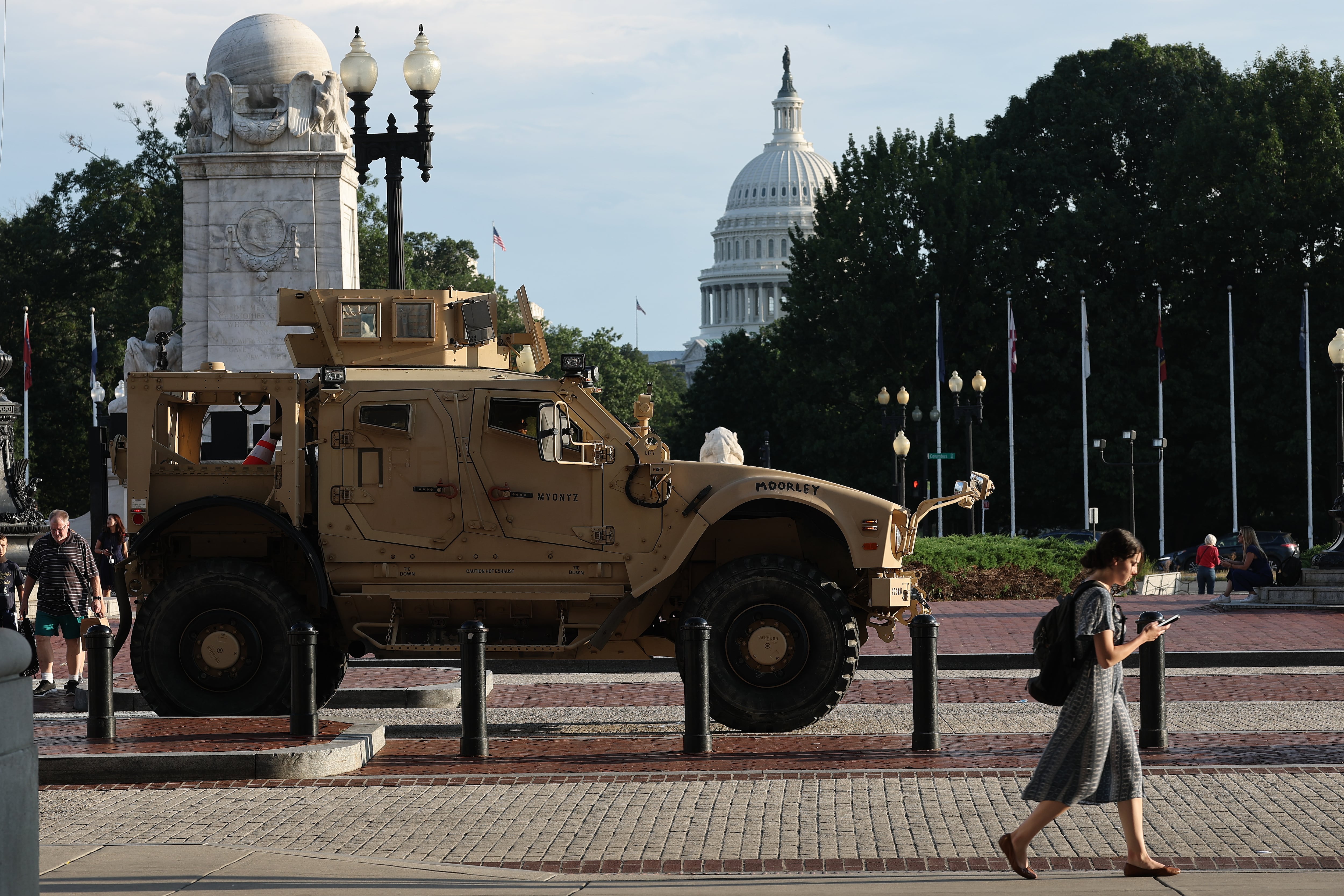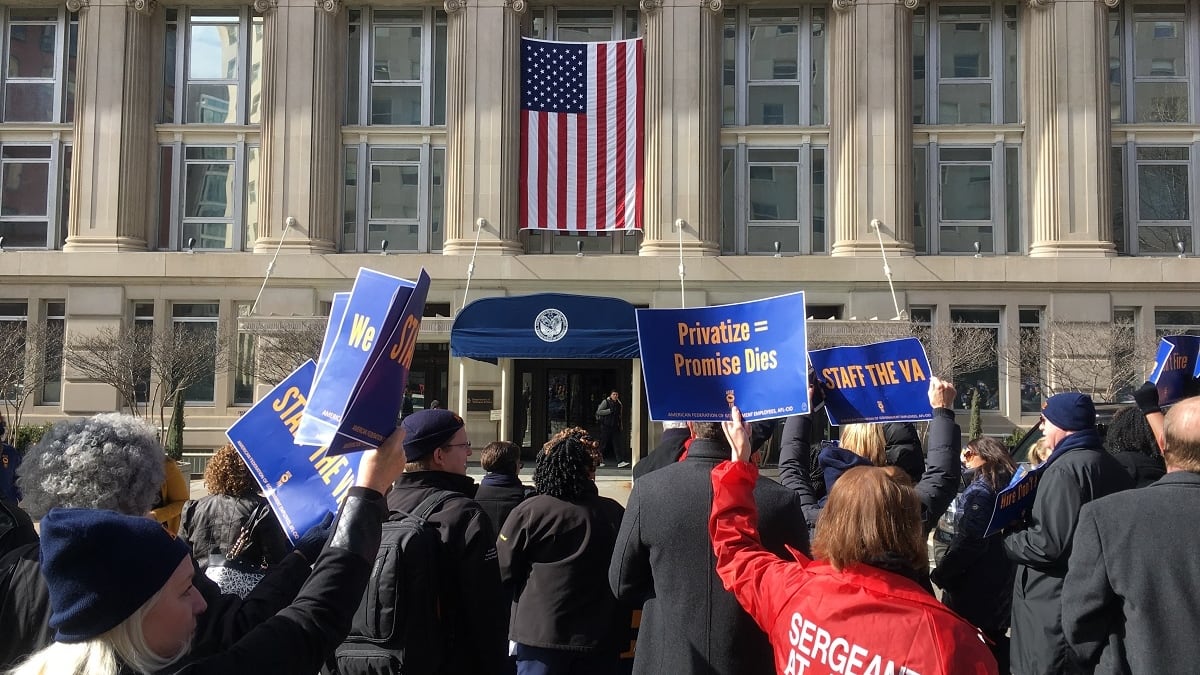Telehealth and online medical appointments will remain a key part of veterans health care even after the pandemic disappears, the Veterans Affairs secretary promised on Wednesday.
But department officials may need Congress’ help to ensure that.
During an appearance before the Senate Appropriations Committee, VA Secretary Denis McDonough noted that online video appointments between department physicians and patients are about 18 times higher now than at the start of the coronavirus pandemic in spring 2020.
“There were almost 230,000 visits at the end of February this year,” he said. “Nearly 2 million vets have had one or more episodes of video care. That tells us that there’s massive demand.”
RELATED

But McDonough noted there has been reluctance to embrace the change among some staffers accustomed to in-person meetings, something he said he will work to address.
“We’re institutionalizing that,” he said. “We want to maintain it, because it’s ease of access for vets who don’t need to be seen in person.
“There’s going to continue to need to be things that are done in person, but I think as a system we recognize the huge efficiency gains and and huge satisfaction gains which come from vets spending less time traveling to our facilities while still getting good care.”
Department health officials have predicted a sharp rise in demand for health care services in coming months as many veterans catch up on appointments missed because of coronavirus closures and self-isolation. Mental health care appointments in particular are expected to be in demand, and remain a challenge for Veterans Health Administration leaders to keep up with.
But committee members expressed concerns that the return to normal operations may also mean rolling back those new offerings, thereby limiting veterans health care options.
“There’s going to be a tendency to want to snap back to pre-pandemic times, and I just think there’s going to be a patient revolt,” said Sen. Brian Schatz, D-Hawaii. “Ten years ago, if you told someone to interact with their clinician via iPhone, it would be an insult. Now, if you can’t do that, that’s an insult.”
Schatz said he’ll press VA leaders not only to make sure the new telehealth options are preserved but also to see if there are steps for Congress to expand rules and regulations to make that happen.
RELATED

McDonough said he welcomes the discussion.
“I take it to be an opportunity for us to look hard at whether there’s additional authorities we need now,” he said after the hearing. “VA always has been an innovator in this space, and we continue to do that. If there are opportunities for us to enhance even further, we’ll do it.”
The White House has proposed a nearly $270 billion budget for VA in fiscal 2022, a 10 percent increase over current year levels. House appropriators are expected to offer their own draft of the budget plan later this week. Senate appropriators will follow with their own version later this summer.
Leo covers Congress, Veterans Affairs and the White House for Military Times. He has covered Washington, D.C. since 2004, focusing on military personnel and veterans policies. His work has earned numerous honors, including a 2009 Polk award, a 2010 National Headliner Award, the IAVA Leadership in Journalism award and the VFW News Media award.





